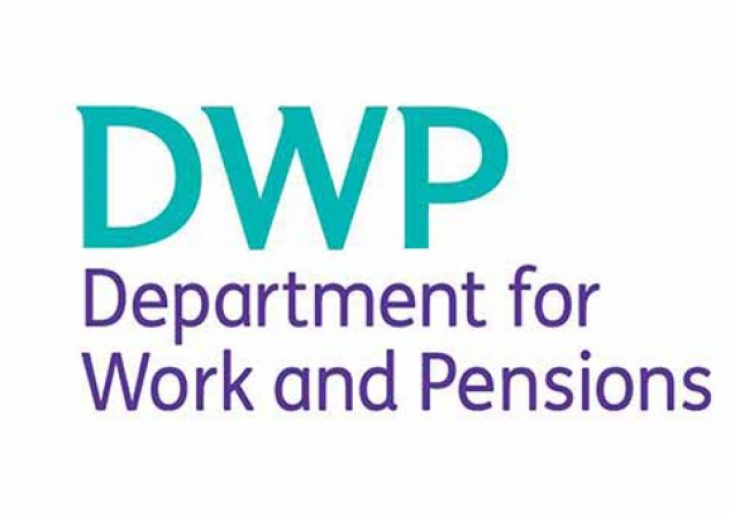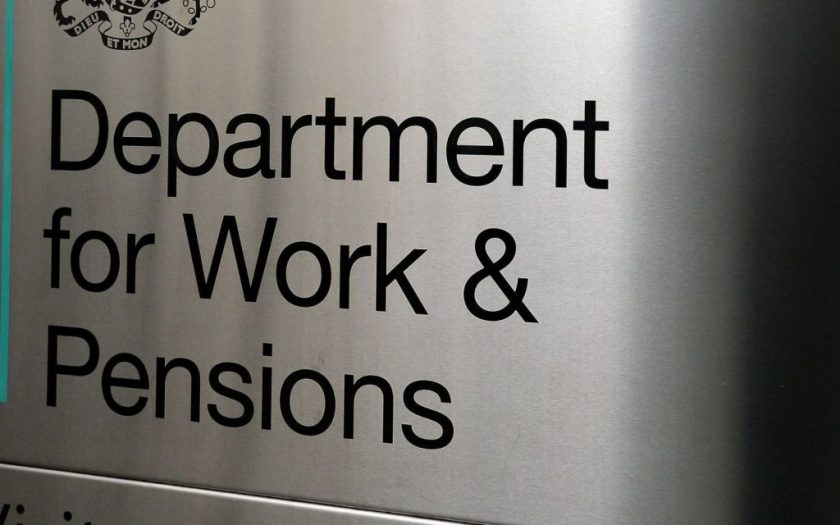The parliamentary petition against greater financial surveillance powers for the DWP (below) has passed the 20,000 signatures required for the government to make a response to it.
The response rebuts a claim that was never made, namely that the DWP would be given access to people’s bank accounts and be able to see what they were spending their money on. In fact, the power proposed for the DWP would enable them to oblige banks and other financial organisations to do that, and pass on details of any benefit claimants identified as having too much in savings or spending too much time abroad.
You can read the full response here, underneath the petition (external link will open in a new browser tab or window)
The next milestone is 100,000 signatures which triggers a parliamentary debate. Please sign if you haven’t already – there is a long way still to go!

Update January 2024 – objections to increased DWP powers
The Information Commissioner John Edwards has questioned whether ministers have shown that new powers to require banks or other organisations to disclose information on benefit claimants are “proportionate”.
Intended to compel banks to identify claimants who have more than £16,000 in savings, and those who claim from abroad for more than four weeks, the legislation is not sufficiently tightly drafted to protect individuals against “arbitrary interference”, according to the ICO.
Many people are alarmed about the potential consequences, and two petitions have been set up, calling on the government to think again (external links will open in a new browser tab or window):
https://petition.parliament.uk/petitions/650940
https://you.38degrees.org.uk/petitions/s-all-of-our-bank-accounts
11 December 2023: New bank account surveillance powers for DWP
The DWP is getting sweeping new powers to look into the bank accounts of people on means-tested benefits – universal credit, employment and support allowance and pension credit.
This comes by way of a last-minute amendment to the Data Protection and Digital Information Bill, which has now made its way through the Commons and moved on to the Lords.
Banks will be obliged to monitor their customers who are on these benefits, and report to the DWP if an account goes over the capital limit or is used abroad for more than four weeks.
Step change in surveillance powers
Currently, the DWP has the power to investigate any bank account where fraud is suspected. And HMRC routinely shares banking data with the DWP every year.
The new bill goes considerably further, by compelling banks and building societies to monitor all benefit claimants’ accounts. Approaching 9 million people claim means-tested benefits. And this monitoring extends to anyone “linked” to the receipt of a benefit, without specifying exactly what a link entails – leading to fears that the mass surveillance could also include former and current partners, children, maybe even landlords.
Any bank or building society that doesn’t comply will be subject to heavy fines.

Impact assessment acknowledges risk
The DWP’s impact assessment recognises that there will be vulnerable people amongst the benefit claimants caught up in the surveillance. They say that no automatic decisions will be made based on data alone, and DWP staff will follow the usual business processes when looking into any cases, taking account of circumstances and wider vulnerabilities before deciding on a course of action.
DWP staff will follow the usual business processes when looking into any cases, taking account of circumstances and wider vulnerabilities before deciding on a course of action.
The impact assessment also states that this is just a first step: the powers are broadly drawn, to enable the DWP to compel other third party organisations apart from banks and building societies to hand over data, and to investigate other types of fraud and error beyond those first identified.
For anyone who has had experience of claiming benefits, and notably the way that work capability assessments are handled, it is hard to see how these new powers will be used in an “appropriate and proportionate” way.

